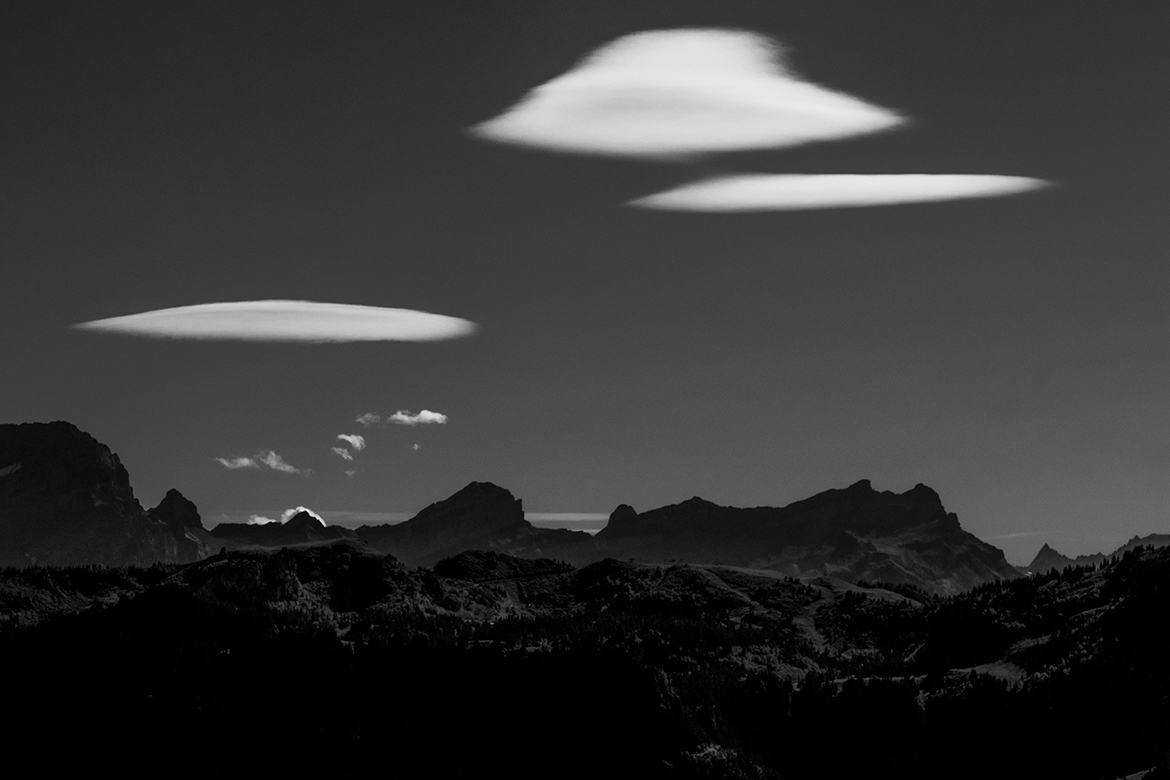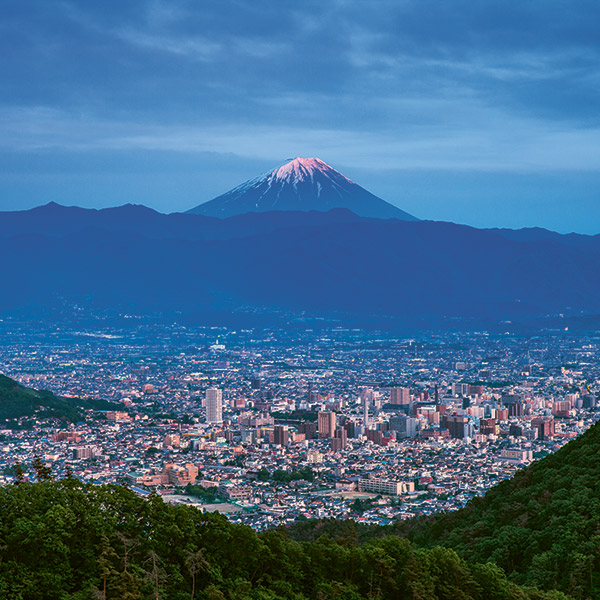Feature: Getting creative against climate change
Urgent research needed
Today, it is clear that humankind is responsible for global warming. But there are still research gaps concerning its regional impact and how to engage with renewable energy sources, says our climate journalist Sven Titz.

Foehn clouds above the Col des Mosses: Switzerland lies in the transitional zone between Northern and Southern Europe, which also has an impact on rainfall. | Image: Pierre-Yves Massot
What energy-storage system is leading the way at the moment?
The big drawback of wind and solar energy is that they produce electricity on an irregular basis. If there isn’t an intelligent power grid to compensate for their fluctuations, then energy storage has to provide the necessary cushion.
Switzerland has a vast capacity when it comes to pumped-storage lakes. But many of them cannot be expanded any more. The alternative of choice is large-scale batteries. At present, the lithium-ion battery is dominant. But new battery concepts are being tried out all over the world.
Japan is leading in the development of hydrogen as a storage medium. Other concepts involve transforming electricity into assorted fuels, compressed air or warmth. Even mechanical storage possibilities are being proposed – self-building towers of stone blocks that can be let down when needed. Whether or not this technology is robust enough to cope with malfunctions still has to be seen.
The variety of approaches being developed simply confirms that the ideal storage medium of the future has yet to be found.
Heavier rainfall, or longer dry seasons?
Climate researchers can already provide accurate estimates of just how much our temperatures are going to increase. It’s more difficult to predict future rainfall. This also applies to Switzerland.
In 2018, a research consortium led by the National Centre for Climate Services produced detailed climate scenarios for Switzerland. To what extent rainfall will change depends very much on future greenhouse gas emissions. But trends can at least be discerned.
Winters are probably going to be wetter in Northern Europe, and drier in Southern Europe. Switzerland lies in the transitional zone, but it will probably get wetter here, too. In the summer, however, there is going to be greater aridity.
Extreme rainfall will occur both in summer and in winter. In the summer, showers and storms will in future tend to make rainfall more extreme.
This uncertainty regarding rainfall makes it more difficult for land and forest management to prepare for the future.




